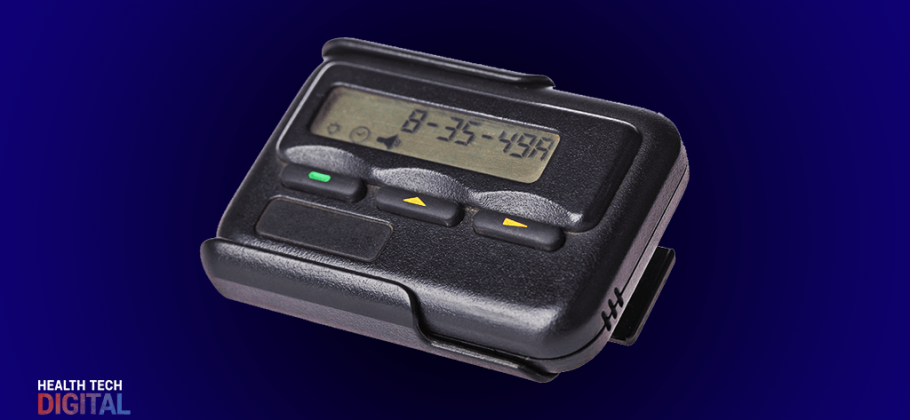Matt Hancock has ordered that NHS trusts will have to phase out and eventually ban pagers from all hospitals by 2021. Instead, it is hoped that all hospitals will have the appropriate communication tools in place to make pagers irrelevant by the end of September 2020.
The Health Secretary is urging NHS staff to switch to modern methods of communication such as apps and mobile phones. He believes that these methods not only provide more accurate information but that they also reduce the cost for the NHS.
The ban comes after the successful completion of a pilot project at West Suffolk NHS Foundation Trust. The trial found that modern communication methods save junior doctors an average of 48 minutes per shift. Similarly, they saved nurses an average of 21 minutes per shift.
Instead of pagers, the pilot used a communication app called Medic Bleep. This app is similar to WhatsApp but has enhanced data protection which suits the growing security needs of the NHS.
How does the NHS use pagers?
Research suggests that over 130,000 pagers are being used in the NHS. The annual cost of pagers in the NHS stands at £6.6 million. Furthermore, over 10% of the world’s pagers are used by the NHS.
Due to the lack of demand and use of pagers, there is now only one pager provider in the UK, and many providers have phased out their support for pagers. Consequently, one pager device can cost the NHS around £400.
The ban calls for the end of the use of pagers in non-emergency situations. Pagers will still be permitted in emergencies, such as when other forms of communication are unavailable or when there is no Wi-Fi.
What are the benefits of the ban?
The ban on pagers offers improved two-way communication. Pagers only provide a one-way communication, and the recipient may not be aware of who is contacting them and how urgent the situation is. Modern communication methods can help to improve the prioritisation of tasks and provide a clear evidence trail of communication.
Another benefit is that modern communication methods can quickly and cheaply allow staff to share information while on the move. This is another feature that pagers do not have. This will be an essential feature with the launch of the new NHS open standards that are set to make sure that systems and services can talk across organisational boundaries. Furthermore, these systems and services must be continually upgraded to meet the evolving needs of the NHS.
Any system that does not meet the standard, such as pagers, will have to be phased out of the NHS.
Speaking about Medic Bleep as an alternative to pagers, the West Suffolk NHS Foundation Trust Medical Director said; “There is scope for Medic Bleep to be used for everything from arranging shift cover to sharing patient observations. For us, it’s about a digital tool helping our communications to become more efficient. Contact with other clinicians can be made much more easily than with a physical bleep, and responses are much quicker. All that time we save can be spent caring for patients, so we benefit, but more importantly, our patients benefit too.”
Article source: https://www.gov.uk/government/news/health-and-social-care-secretary-bans-pagers-from-the-nhs













